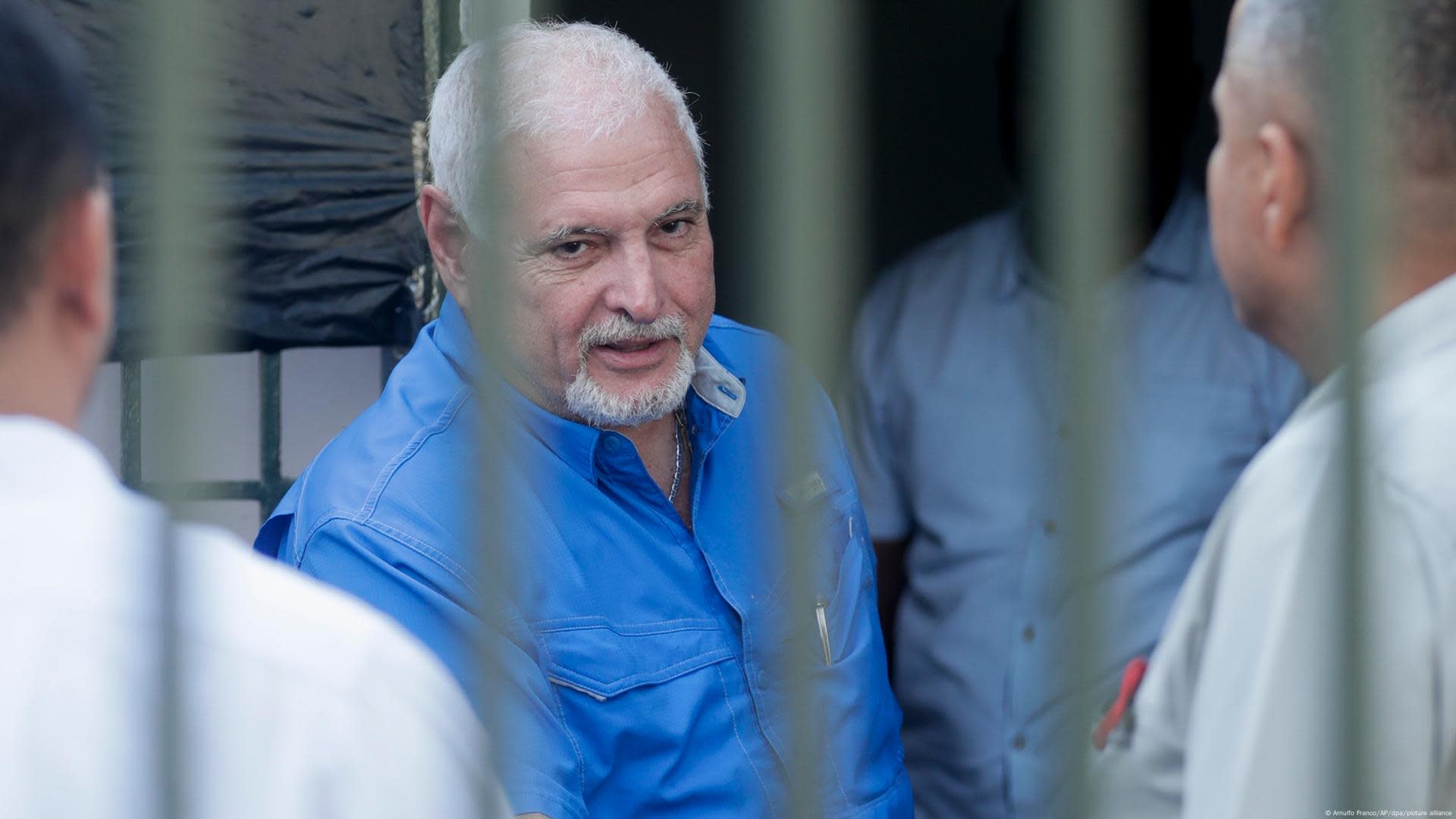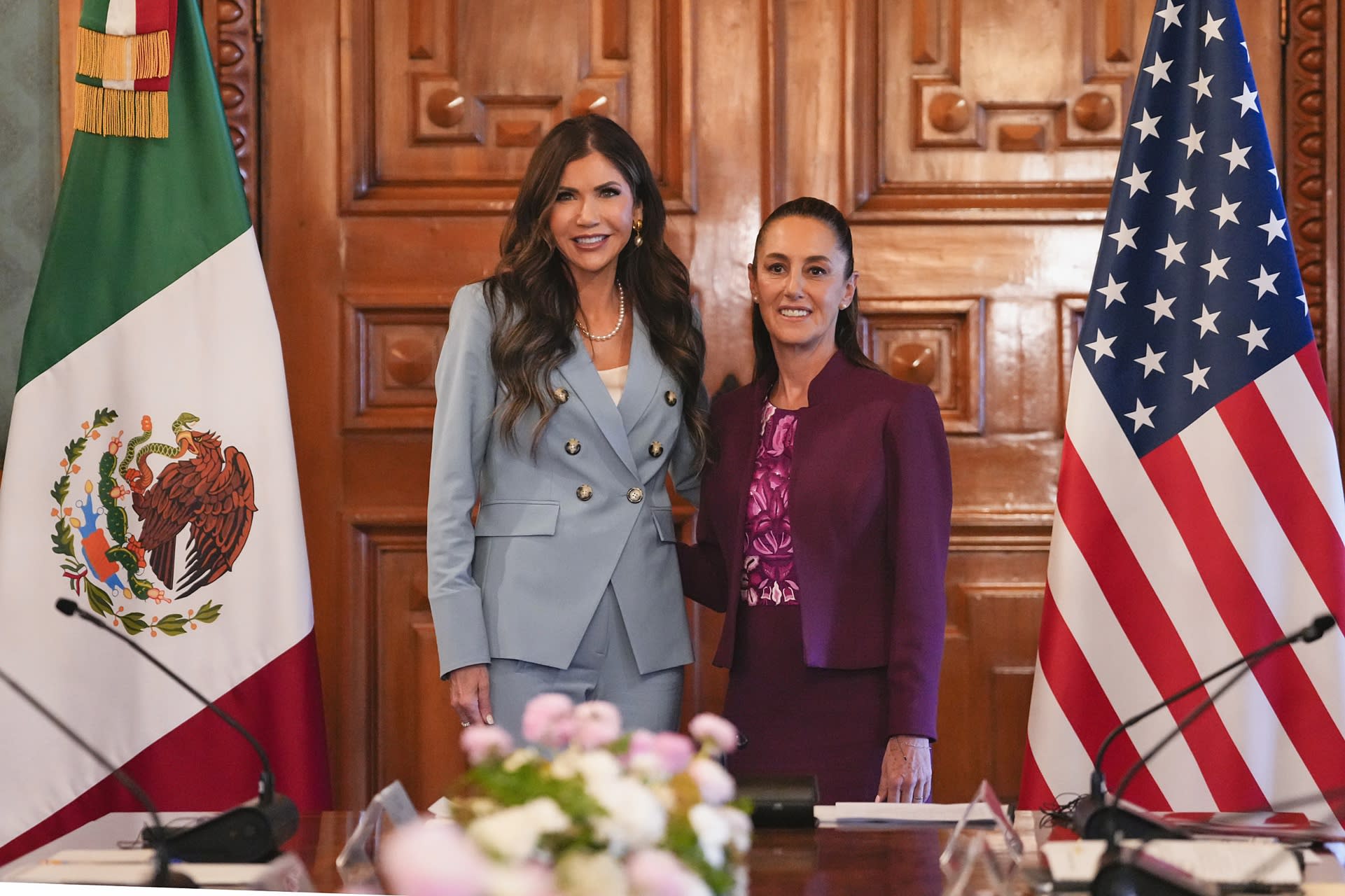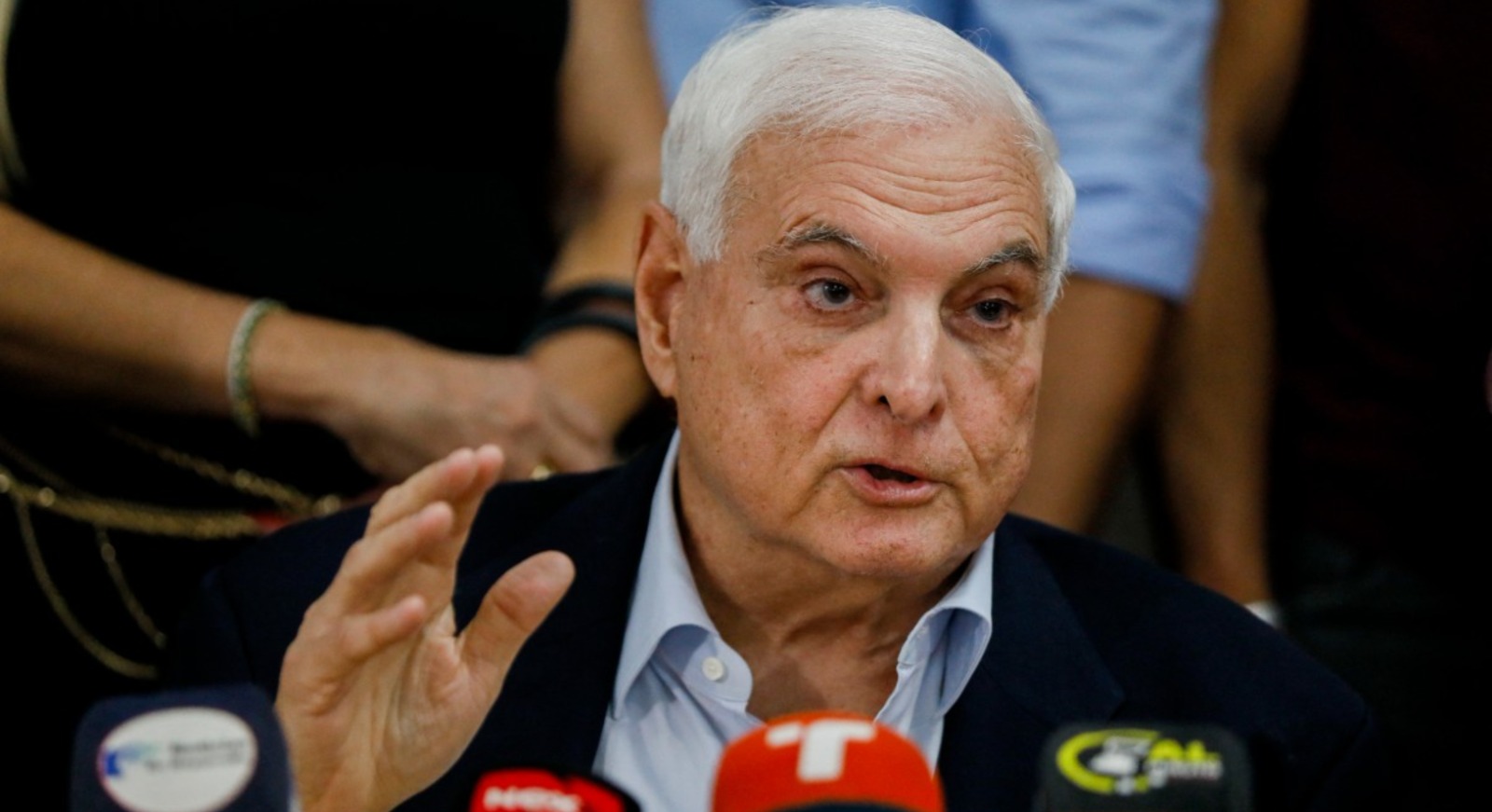Central America
President Bukele’s government inaugurates Phase II of the El Salvador Hospital
Nayib Bukele, President of El Salvador, announced yesterday on national TV that on August 7, Phase II of the El Salvador Hospital had been inaugurated. The President said that there are already 25 patients being treated in this area.
“Many people wondered why we did not inaugurate Phase II of the El Salvador Hospital, and it was because the Director needed to use these beds immediately, since Phase I was already full. We did not organize an event, but the Salvadoran people inaugurated it,” said President Bukele.
The President added that 1,125 beds are available across the country’s public hospital network. “El Salvador has become the country with the most intensive-care beds in all of Central America. El Salvador has more ICU beds available than all the countries in Central America combined,” he added.
The country with the fewest COVID-19 cases
Despite no state of emergency and constant hold-ups by Deputies in the Legislative Assembly, El Salvador remains the country with the lowest number of coronavirus cases in Central America. Recent rates result from the early actions taken by President Nayib Bukele’s government.
To date, El Salvador has 20,423 confirmed cases. Costa Rica has 22,802 cases, Honduras 46,973, Guatemala 56,189 and Panama 73,651. In Nicaragua, the information available is limited and doubtful.
Among the early actions taken by President Bukele’s government, even before the WHO declared COVID-19 a pandemic, are: Health controls at seaports, airports and land borders. This made it possible to identify the first cases and to contain the spread of the virus.
The quarantine also proved to be an effective measure. While it was in force, the infection curve was flat. However, since the quarantine was lifted and legal resources were taken away from the Executive, cases have been on the rise, with an average of 400 cases per day over the past two weeks.
“Despite the rulings, we will continue to fight the pandemic with what we have,” said President Bukele.
Central America
Panama grants Martinelli 72-hour extension to travel to Nicaragua

On Monday (March 31, 2025), Panama extended the safe-conduct pass for former President Ricardo Martinelli by three more days to allow him to travel to Nicaragua, after the Central American country refused to receive him due to concerns over an alleged Interpol arrest warrant.
“The National Government has decided to extend the validity of the safe-conduct pass for an additional seventy-two (72) hours, until the end of Thursday, April 3, 2025,” the Panamanian Foreign Ministry stated in a communiqué. The original permit was set to expire Monday at midnight (05:00 GMT on Tuesday).
The Foreign Ministry explained that regarding the ‘humanitarian asylum’ granted to Martinelli last Thursday, which was set to expire Monday at midnight, the Nicaraguan government requested clarifications about an apparent Interpol alert, which had already been dismissed as inadmissible.
Additionally, the Panamanian Supreme Court of Justice, as the highest authority of the Judicial Branch, stated on Monday that it had “no objections” to granting asylum and a safe-conduct to Martinelli, as it falls under the jurisdiction of the Executive Branch.
Central America
U.S. Homeland Security Secretary urges Mexico to strengthen Guatemala border

U.S. Homeland Security Secretary Kristi Noem revealed on Monday that during last week’s meeting with Mexican President Claudia Sheinbaum, she urged Mexico to reinforce its border with Guatemala and share biometric datawith U.S. authorities.
“I gave her a list of things that President Trump would love to see. And it was exceptional. It was supposed to be a half-hour meeting, but we talked for nearly two hours. It was very productive,” Noem said in an interview with Fox News.
The Homeland Security Secretary requested that Sheinbaum, who has already deployed 10,000 National Guard troopsalong Mexico’s northern border with the U.S., also secure Mexico’s southern border with Guatemala.
Noem added that she also asked the Mexican president to share biometric data with the U.S., to which Sheinbaum responded that she was “willing to discuss it,” although she acknowledged that it could be a controversial issue in her country.
Central America
Panama police clarifies that Interpol alert for Martinelli is still pending

Panama’s National Police clarified on Sunday that an Interpol alert request for former President Ricardo Martinelli (2009-2014) is still under review and has yet to be confirmed. Martinelli was granted a safe-conduct pass last Thursday to leave the Nicaraguan embassy, where he has been seeking asylum since February 2024 after being convicted of corruption.
“The National Police clarifies that there is currently an active process for an Interpol alert, requested by Judge Baloisa Marquínez, against former President Ricardo Martinelli. This request must be analyzed by Interpol’s General Secretariat (headquartered in France) for approval or rejection. If approved, it will be notified to member countries,” the police stated in a press release sent to EFE.
According to the statement, “at the moment, it remains an ongoing procedure, and former President Martinelli does not have a confirmed alert.”
The announcement came hours after National Police Director Jaime Fernández had told the press that an “Interpol alert” for Martinelli had been received on Friday.
-

 International4 days ago
International4 days agoSon of journalist José Rubén Zamora condemns father’s return to prison as “illegal”
-

 International4 days ago
International4 days agoMiyazaki’s style goes viral with AI but at what cost?
-

 Central America2 days ago
Central America2 days agoU.S. Homeland Security Secretary urges Mexico to strengthen Guatemala border
-

 International2 days ago
International2 days agoTrump urges Putin to reach peace deal
-

 Central America3 days ago
Central America3 days agoPanama police clarifies that Interpol alert for Martinelli is still pending
-

 International3 days ago
International3 days agoDeportation flight lands in Venezuela; government denies criminal gang links
-

 Central America2 days ago
Central America2 days agoPanama grants Martinelli 72-hour extension to travel to Nicaragua
-
Central America5 days ago
Nicaragua revokes legal status of 10 more NGOs, bringing total to over 5,600















